UNDP Pledges to Support Vietnam in Green Transformation
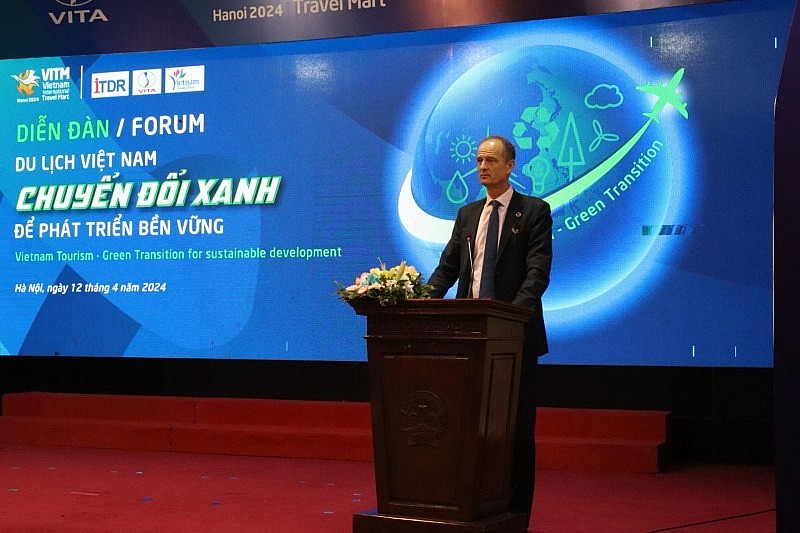 |
| Patrick Haverman, deputy resident representative of UNDP in Vietnam, said that UNDP is ready to support Vietnam in promoting green transformation in tourism. |
According to Deputy Resident Representative of UNDP in Vietnam Patrick Haverman, tourism has become an important economic sector of Vietnam.
Tourism is expected to contribute more than 6.4% to Gross Domestic Product (GDP) this year. Vietnam tourism achieved these successes thanks largely to its natural beauty and diverse and rich cultural heritage.
However, faced with current challenges such as biodiversity loss and climate change, the transition to sustainable development is inevitable. Green transformation in tourism not only benefits the environment and helps promote biodiversity conservation, but also enhances the lives of tourism-dependent communities and drives economic growth.
Patrick Haverman said that, from UNDP's perspective, the green transition process in tourism in Vietnam needs to focus on a number of the following issues including green planning, effective destination management, plastic-free and low-carbon travel, and sustainable tourism based on nature.
Green planning
As we begin our journey towards a greener future, it is important to start with “green” planning.
In other words, national plans need to orient green tourism development, especially the development of tourism infrastructure that has little impact on the environment and nature, ensuring effective solid waste and wastewater management, and many other issues.
This is especially important in ecologically sensitive locations such as marine reserves, and national parks.
Effective destination management
In Vietnam, there is still much work to be done to enhance the effectiveness of tourism destination management.
In our view, destination management is a process that requires participation and leadership by local authorities, in close coordination with the private sector, and local communities.
By implementing effective destination management measures, we can introduce important regulations to limit plastic waste and solve other tourism-related issues in each locality in a comprehensive way.
This aims to achieve the ultimate goal of enhancing overall positive visitor experiences. Furthermore, this approach allows us to identify and take advantage of the unique natural, and cultural assets of each locality, promoting the development of unique tourism services for each region.
Plastic-free and low-carbon travel
In our commitment to a greener future, we need to embark on a journey towards a plastic-free and low-carbon travel environment. Many localities in Vietnam have begun the process of "greening" tourism for many years.
Examples include the ancient town of Hoi An, Quang Nam, and Co To island district, Quang Ninh, which are actively reducing single-use plastic, demonstrating a strong commitment to local environmental management.
Through initiatives such as the project "Reducing plastic waste in tourism in Vietnam" implemented by the Vietnam Tourism Association (VITA) and UNDP, we have begun an important task.
It promotes the reduction and management of plastic waste from tourism.
The project focuses on strengthening the capacity of tourism businesses towards the goal of not using single-use plastic in tourism, through building a mobile application to manage and monitor plastic waste, as well as supporting the implementation of strong action plans to limit plastic waste in the tourism industry.
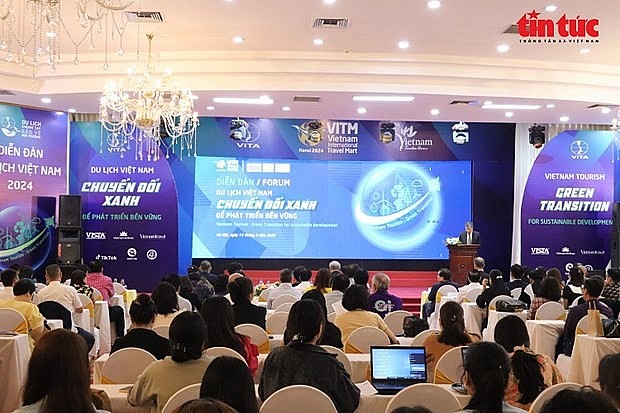 |
| At the event (Photo: VNA) |
Sustainable tourism
Vietnam has protected areas on land and sea, which are important resources for developing nature-based tourism.
This is an area with an intersection between indigenous culture, biodiversity conservation, and economic growth in rural and mountainous areas.
However, implementing nature-based tourism sustainably will require meticulous planning and careful consideration.
This includes assessing potential impacts on the fragile ecosystems within these protected areas, ensuring that any tourism activity is consistent with conservation goals, and engaging local communities in decision-making processes to promote both environmental conservation and socio-economic development.
Patrick Haverman said that UNDP is ready to support the Ministry of Culture, Sports & Tourism and the Vietnam Tourism Association in the process of transforming Vietnam into a responsible and competitive tourism destination.
Green transformation in tourism not only serves as one of the main drivers for economic growth but also contributes to protecting Vietnam's precious natural resources for future generations.
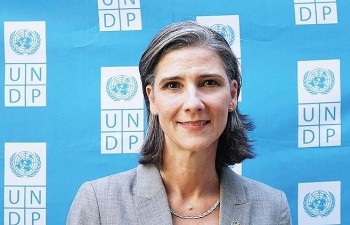 | UNDP Values Vietnam's Efforts to Ensure Safety for Vulnerable Communities According to Ramla Khalidi, UNDP Resident Representative in Vietnam, UNDP appreciates the actions of the Government and local authorities in ensuring the safety of people ... |
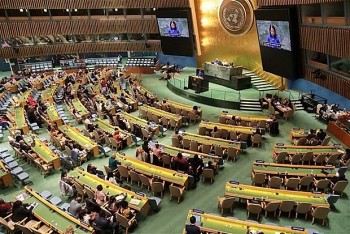 | Vietnam Ready to Cooperate with Partners for Gender Equality Vietnam is always ready to cooperate closely with nations and partners for gender equality, said the Vice State President at a session of the UN ... |
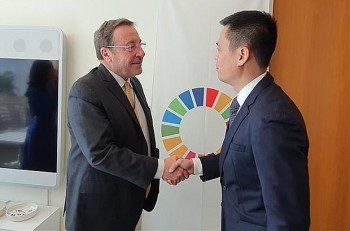 | Vietnam Climbs Eight Places in Human Development Index A low-middle income country, yet Vietnam is in the group of the countries with a high Human Development Index (HDI), leaping five places in the ... |
Recommended
 Viet's Home
Viet's Home
Vietnam’s People's Public Security Force Actively Contributes to UN Peacekeeping Operations
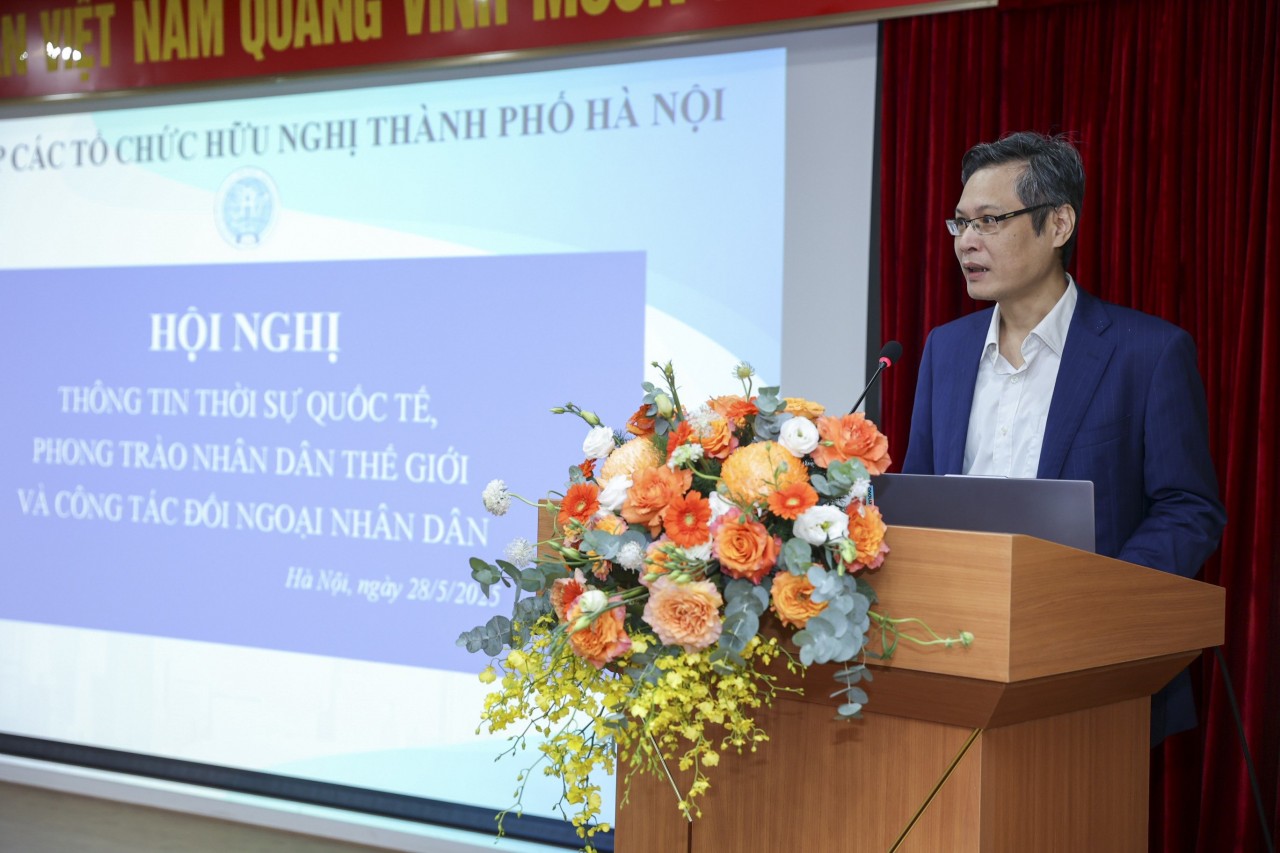 Viet's Home
Viet's Home
HAUFO Enhances Competence of People-to-People Diplomacy Personnel
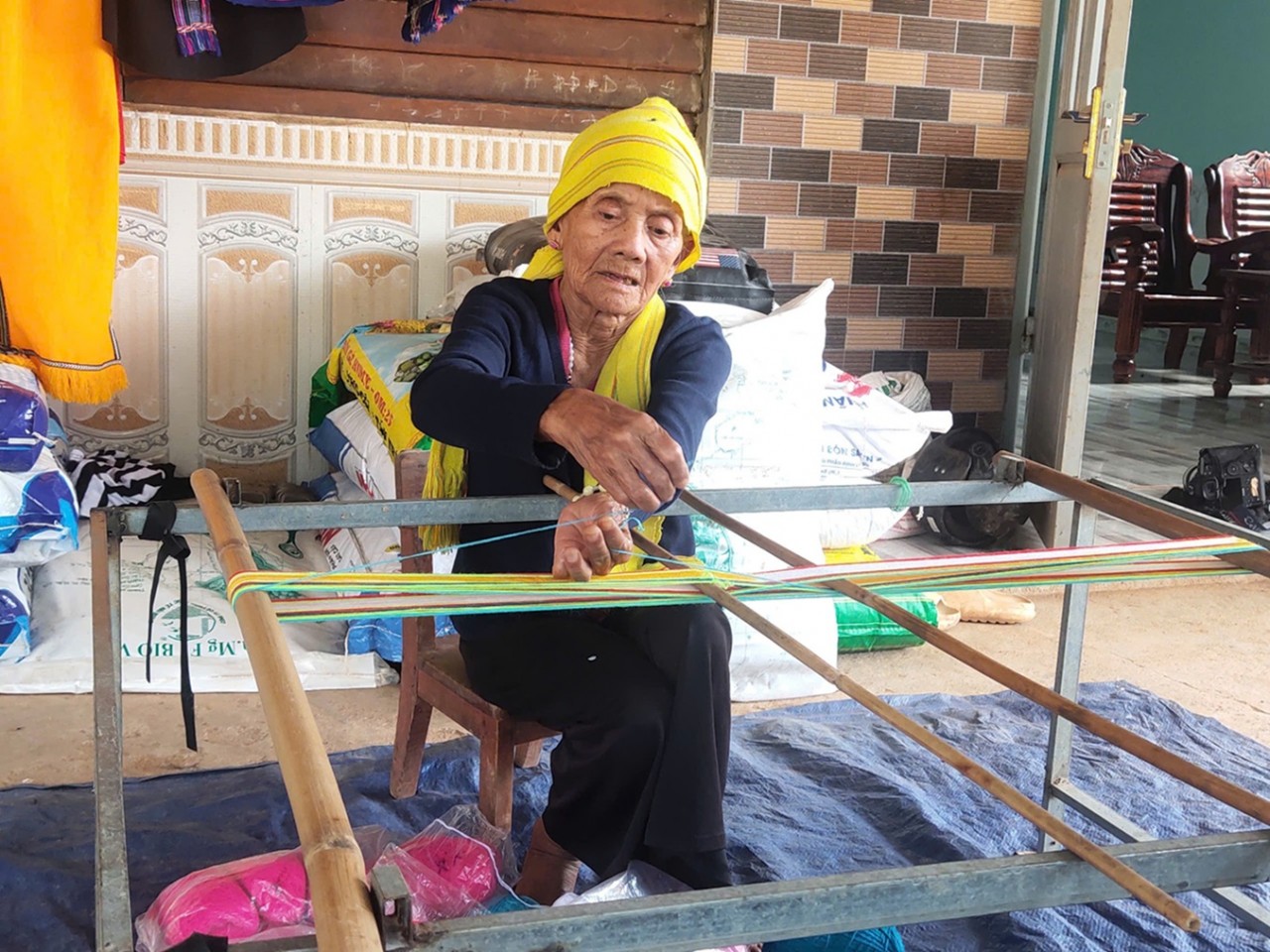 Viet's Home
Viet's Home
Hands that Reserve Da Long Brocade Craft
 Viet's Home
Viet's Home
Da Rsal – How Digital Transformation Reshape a Poor Commune
Popular article
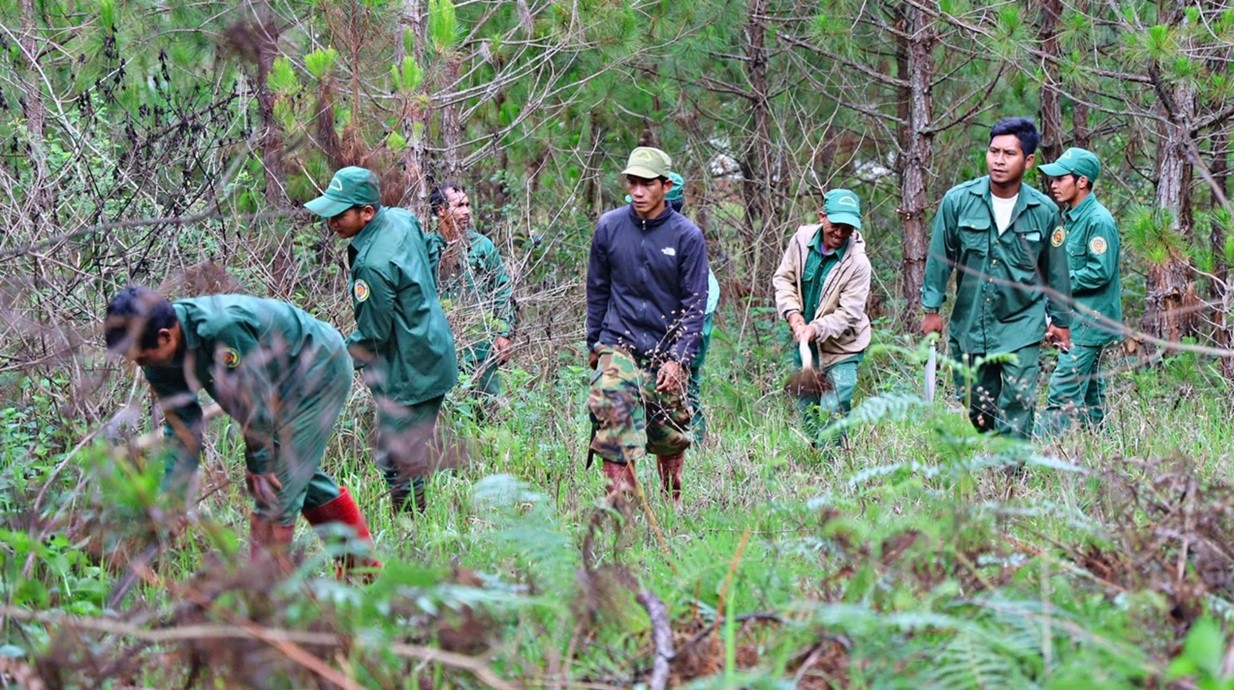 Viet's Home
Viet's Home
Vietnam Classified as “Low Risk” Under the EU Anti-Deforestation Regulation
 Viet's Home
Viet's Home
Vietnamese Architect Wins the Diversity in Architecture Award 2025
 Viet's Home
Viet's Home
Vietnamese Photographer Triumph in Global Food Photography Contest
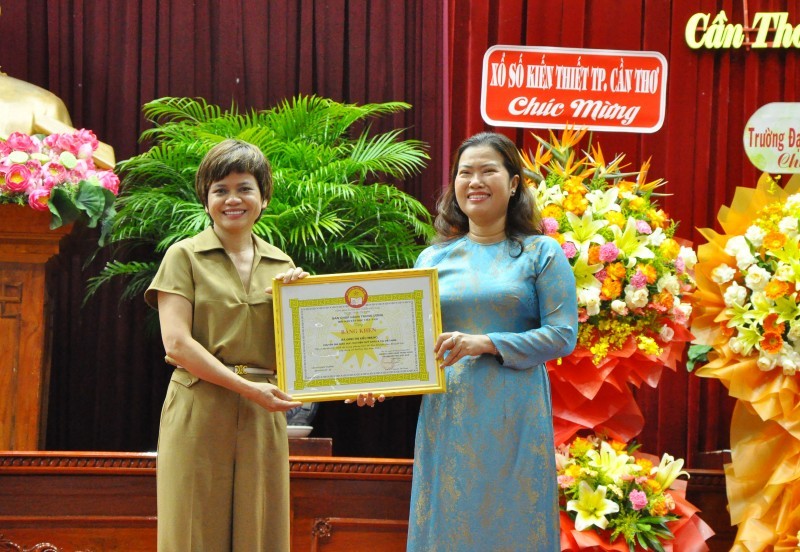 Viet's Home
Viet's Home



